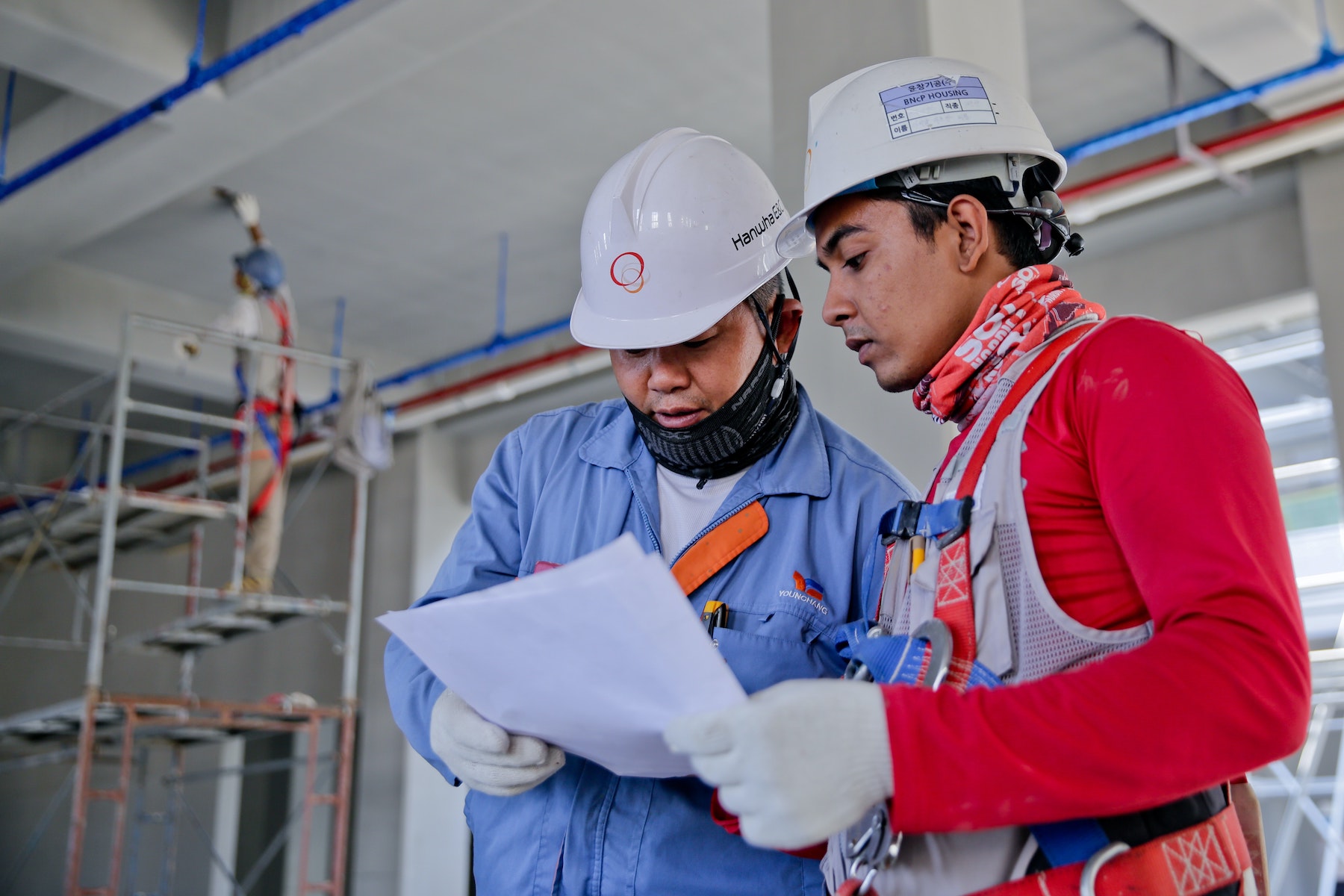Clients and architects disagree on how well building to code provides resilience, according to a recent report by the American Institute of Architects (AIA) in partnership with Owens Corning.
Resiliency in the Built Environment assesses the current state and best practices for increasing resiliency and sustainability in design and construction. Clients believe building to code is sufficient to ensure resilience, but architects disagree with that notion, the report says. It’s not surprising then, that few projects and properties are reported as being built beyond code.
The report also provides insights into how to best improve resiliency and sustainability from design through construction with input from three key audiences: architects, general contractors, and clients, including owners and developers. One key finding: “Stronger building codes and standards will drive resiliency, but so will making the business case to clients.”
The report’s areas of focus include:
- The role of building codes, clients’ expectations, and specification requirements that drive resiliency in design.
- How is resiliency reinforced through practices like material replacement strategy and resilient design strategies?
- Where are the biggest gaps in expertise about resiliency in construction, and how can they be filled?
- How do long-term and short-term incentives determine the level of resiliency for a given project?
- How is resiliency considered when selecting building products and materials?
- Which hazards and risks are most commonly taken into account in design?
The report is available for free at the AIA website.
Related Stories
Codes and Standards | Jul 22, 2024
Tennessee developers can now hire their own building safety inspectors
A new law in Tennessee allows developers to hire their own building inspectors to check for environmental, safety, and construction violations. The law is intended to streamline the building process, particularly in rapidly growing communities.
Codes and Standards | Jul 22, 2024
New FEMA rules include climate change impacts
FEMA’s new rules governing rebuilding after disasters will take into account the impacts of climate change on future flood risk. For decades, the agency has followed a 100-year floodplain standard—an area that has a 1% chance of flooding in a given year.
Sustainability | Jul 18, 2024
Grimshaw launches free online tool to help accelerate decarbonization of buildings
Minoro, an online platform to help accelerate the decarbonization of buildings, was recently launched by architecture firm Grimshaw, in collaboration with more than 20 supporting organizations including World Business Council for Sustainable Development (WBCSD), RIBA, Architecture 2030, the World Green Building Council (WorldGBC) and several national Green Building Councils from across the globe.
MFPRO+ News | Jul 15, 2024
More permits for ADUs than single-family homes issued in San Diego
Popularity of granny flats growing in California
Codes and Standards | Jul 15, 2024
New York City code update changes definition of a major building
Changes affecting how construction projects in New York City are permitted will have significant impacts for contractors. On Dec. 11, the definition of a major building in the city’s code will change from 10 stories to seven, or 75 feet. The change will affect thousands more projects.
Government Buildings | Jul 8, 2024
GSA adopts new accessibility guidelines for federal properties
The U.S. General Services Administration (GSA) adopted a new rule with new accessibility guidelines for federal buildings. The rule establishes that pedestrian facilities in the public right-of-way are readily accessible to and usable by people with disabilities.
Office Buildings | Jul 8, 2024
Office vacancy peak of 22% to 28% forecasted for 2026
The work from home trend will continue to put pressure on the office real estate market, with peak vacancy of between 22% and 28% in 2026, according to a forecast by Moody’s.
Green | Jul 8, 2024
Global green building alliance releases guide for $35 trillion investment to achieve net zero, meet global energy transition goals
The international alliance of UK-based Building Research Establishment (BRE), the Green Building Council of Australia (GBCA), the Singapore Green Building Council (SGBC), the U.S. Green Building Council (USGBC), and the Alliance HQE-GBC France developed the guide, Financing Transformation: A Guide to Green Building for Green Bonds and Green Loans, to strengthen global cooperation between the finance and real estate sectors.
Codes and Standards | Jul 8, 2024
New York State building code update would ban fossil fuels in new buildings
New York’s Building Code Council is set to include the All-Electric Buildings Act in its 2025 code update. The Act would ban natural gas and other fossil fuels in new buildings.
Contractors | Jul 1, 2024
New emergency cooling vest can prevent heat-related deaths on construction sites
A new emergency cooling vest is designed to prevent heat-related deaths without requiring electricity or refrigeration. The lightweight ColdVest is the world’s first portable, Class 1 FDA emergency cooling device that can rapidly lower core body temperatures up to 5 degrees in under 3 minutes.

















